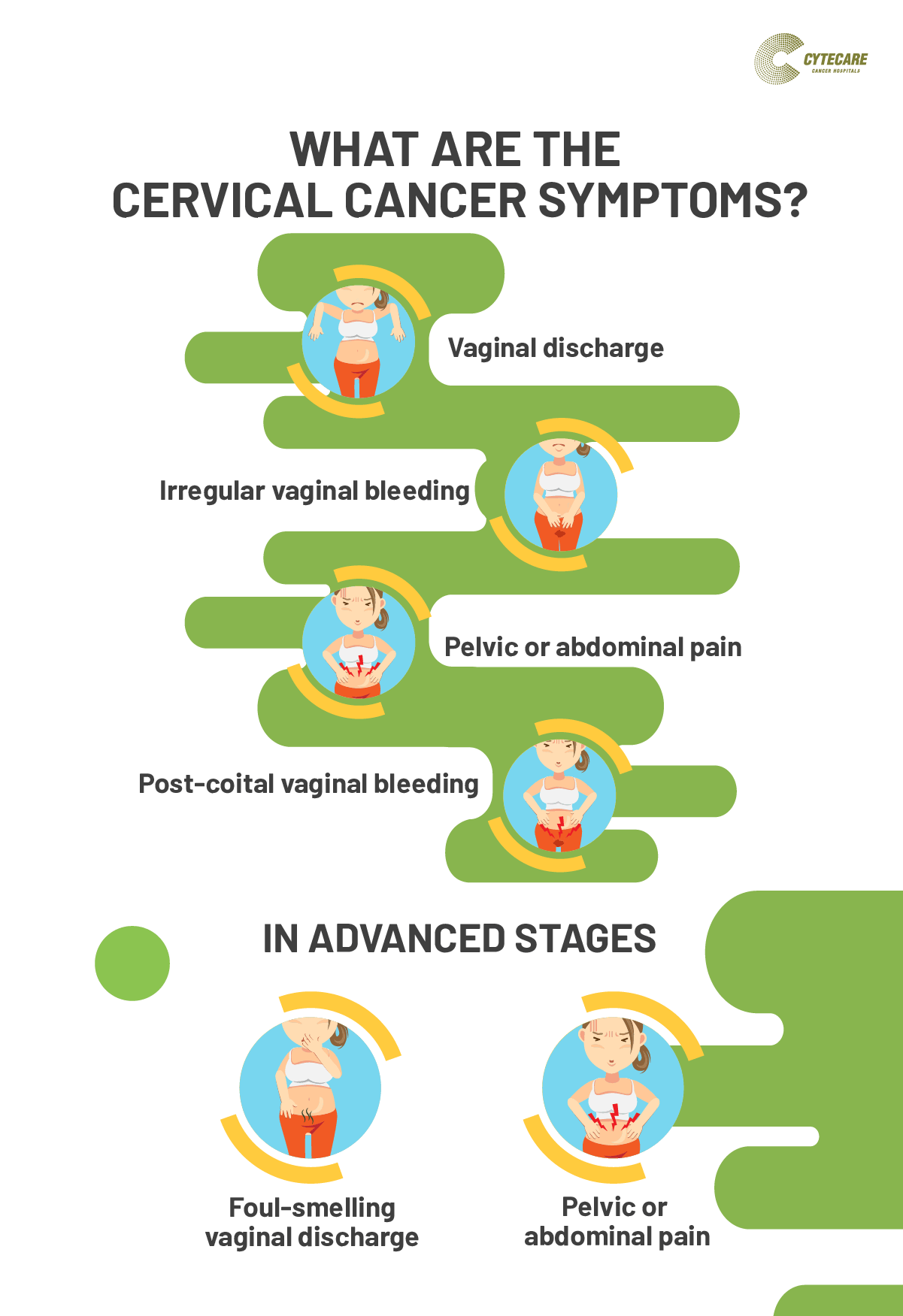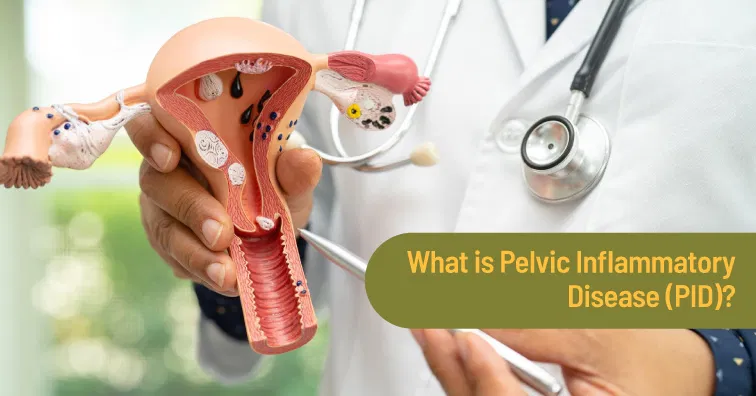
Cervical cancer occurs when there is the growth of abnormal cells in the cervix. It is one of the most common and 2nd most frequently diagnosed cancers, which is invasive in nature, capable of affecting deeper tissues in the cervical area and even spreading to other parts of the body.
99% of cervical cancers are caused by one of the 13 types of high-risk HPV (Human Papilloma Virus) infections, and the persistence of these high-risk HPV infections causes cervical cancer. It takes approximately 5 to 10 years for a persistent HPV infection to result in this disease. Therefore, getting HPV vaccination done at a young age (9-15 years) and regular Pap smear screening tests after 21 years of age helps in detecting and curing cervical cancer.
Causes of cervical cancer?
Cervical cancer is caused when the healthy cells of the cervix start multiplying in uncontrolled numbers, forming an abnormal mass of cells(lumps) or as a result of mutations in their cellular structure.
About 99% of cervical cancers are caused by high-risk type HPV infections, and most HPV infections are self-cleared. A small number of cases (5-10%) having persistent high-risk HPV infections develop cervical cancer. However, there are a few cofactors that are associated with an increased risk of developing persistent high-risk HPV infections leading to cervical cancer.
Risk factors include:
- Early sexual contact- before the age of 16
- Engaging in intercourse with multiple partners
- Taking birth control pills continuously for many years
- Cigarette smoking
- Associated HIV infections
- Poor nutrition/poor hygiene
- Weakened immune system
Cervical cancer symptoms?
Like many other cancers, cervical cancer patients may be asymptomatic, i.e., they may not show any symptoms until cancer has progressed to advanced stages. Possible symptoms include:
- Abnormal vaginal discharge
- Irregular vaginal bleeding
- Pelvic pain
- post-coital vaginal bleeding
- Post-menopausal bleeding
- Vaginal bleeding post intercourse or between periods
Common symptoms of advanced-stage cervical cancer include foul-smelling vaginal discharge and lower abdominal pain.
Cervical cancer diagnosis and treatment
Early diagnosis is vital to the successful treatment and cure of cervical cancer, just like any other type of cancer. Treating precancerous stages where only surface tissues of a small part of the cervix have been affected is far more successful than advanced stages where it has affected a large part of the cervix and has spread to other tissues.
Regular clinical examinations, yearly Pap smear tests, and HPV tests aid in the early detection and successful treatment of cervical cancer. Pap tests examine cells collected from the cervix for any abnormalities allowing early detection and treatment.
In case Pap test results indicate abnormal cells, a colposcopy examination is recommended where the doctor can get a closer look at the cervical tissues, and perform a biopsy if required, in suspicious areas. Your doctor may require you to take an MRI or PET scan to detect and determine the cervical cancer stage.
The earlier the diagnosis and treatment, the higher the success rates. Early-stage cervical cancers are usually curable, and about 80-90% of the cases are cured through surgery.
- If the tumors are small, less than 2cms in size, they can be treated through laparoscopic surgery. A radical hysterectomy is performed to remove the tumor as well as the lymph nodes.
- If the tumors are larger, 2-4 cm in size, then open surgery is required to remove the tumor as well as the lymph nodes. In some cases, depending on the risk factors, radiotherapy may be needed.
Beyond stage 4, in the advanced stages of cervical cancer, the cure rates are 40-60%, and the main treatment options include radiation and chemotherapy. Sometimes laparoscopic surgery is also performed before radiation to remove the lymph nodes.
With a dedicated wing for Women’s Oncology, Cytecare Cancer Hospitals has a dedicated team of gynecological oncologists and radiation specialists with many years of clinical experience who ensure an in-depth diagnosis is done after which an appropriate treatment plan is charted.


